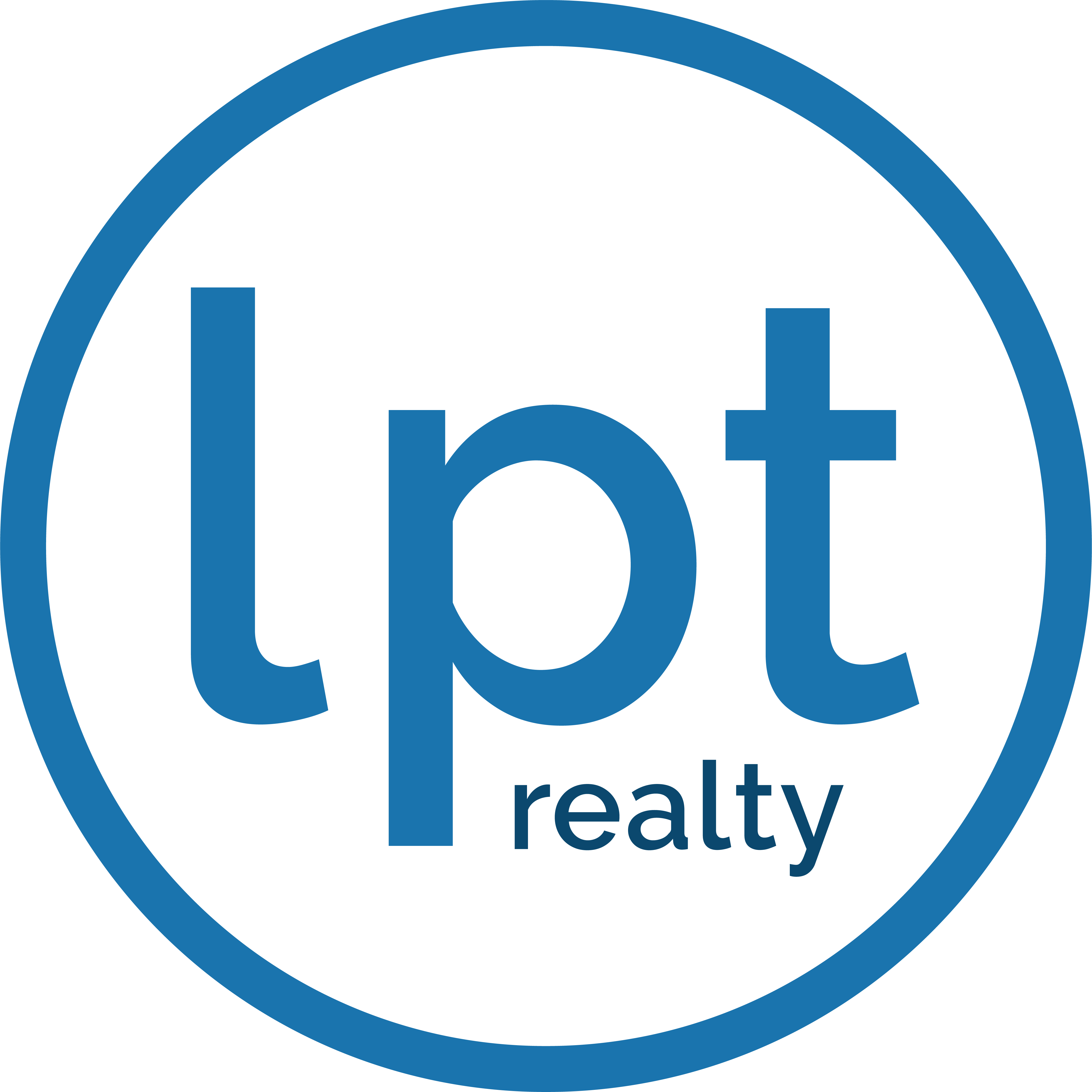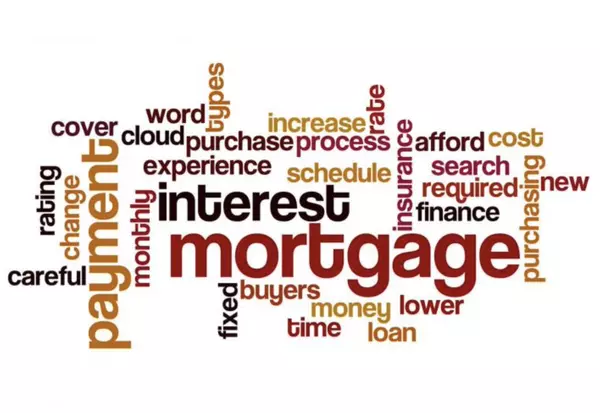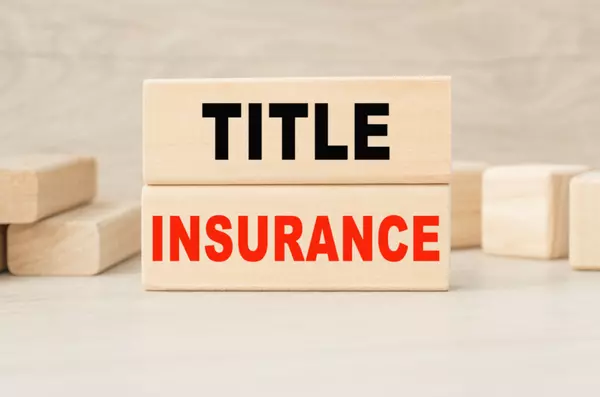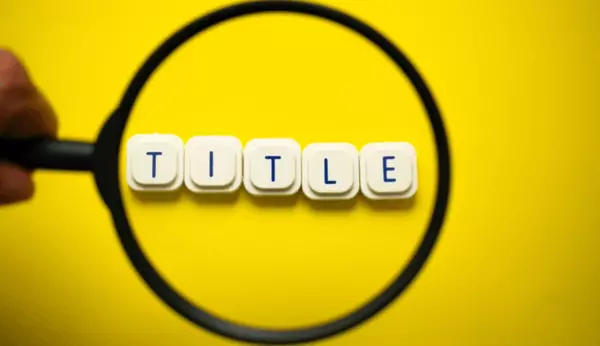Frequently Asked Questions: Conventional Loan or Government Backed Loan?
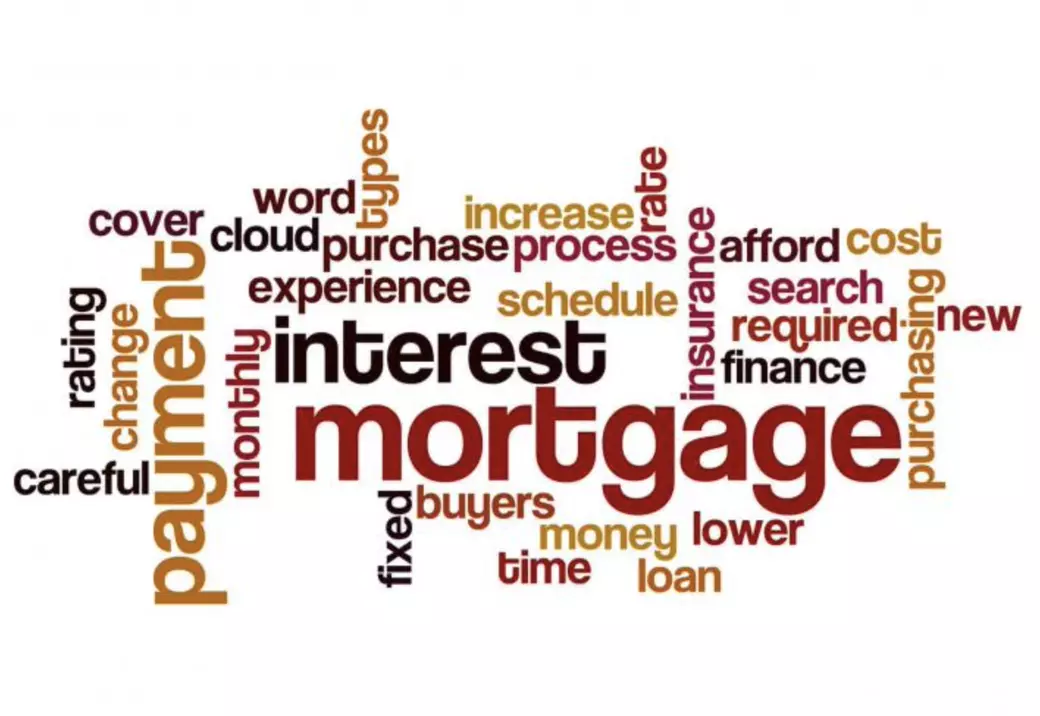
Home Loan Questions? Yes You should call local Mortgage Lenders! :) It is very important for you to understand what loan programs are available and best suit your financial situtaion. Here is a good website to learn about Home Loans. https://www.houselogic.com/buy/how-to-buy-step-by-step/difference-between-adjustable-and-fixed-rate-mortgages/
Conventional loans are mortgages that are not guaranteed or insured by the government. They are typically offered by private lenders such as banks, credit unions, or mortgage companies. On the other hand, government-backed loans are insured or guaranteed by federal agencies such as the Federal Housing Administration (FHA), the Department of Veterans Affairs (VA), or the United States Department of Agriculture (USDA).
One of the main factors that buyers need to consider when choosing between these loan types is the down payment requirement. Conventional loans generally require a higher down payment, usually around 20% of the purchase price. This can be a significant amount for many buyers and may require saving for a longer period of time. In contrast, government-backed loans often have lower down payment requirements. For example, FHA loans typically require as little as 3.5% down payment, making them more accessible to first-time buyers or those with limited funds for upfront costs.
Credit score requirements also differ between conventional and government-backed loans. Conventional loans usually have stricter credit score criteria, with lenders typically looking for a score of 620 or higher. On the other hand, government-backed loans are often more lenient, allowing borrowers with lower credit scores to qualify. FHA loans, for instance, may accept borrowers with a credit score as low as 500, although a higher score may be required to secure a favorable interest rate.
Another aspect to consider is mortgage insurance. Conventional loans typically require private mortgage insurance (PMI) if the down payment is less than 20% of the purchase price. This additional cost protects the lender in case the borrower defaults on the loan. Government-backed loans also have mortgage insurance, but the premiums and requirements may vary. FHA loans, for example, require an upfront mortgage insurance premium and annual premiums, while VA loans do not require mortgage insurance at all.
Interest rates are another point of distinction. Conventional loans generally have slightly higher interest rates compared to government-backed loans. This is partly because government-backed loans are seen as less risky for lenders due to the insurance or guarantee provided by the government.
In conclusion, the decision between a conventional loan and a government-backed loan depends on various factors such as down payment capability, credit score, and personal circumstances. Buyers with a higher down payment and better credit score may find conventional loans more advantageous, as they may qualify for better interest rates and avoid mortgage insurance. However, government-backed loans can be a great option for those with limited funds or lower credit scores, as they offer more flexible down payment requirements and potentially lower interest rates. It's essential to consult with a mortgage professional who can provide guidance tailored to individual needs and help buyers make an informed decision.
Categories
Recent Posts
